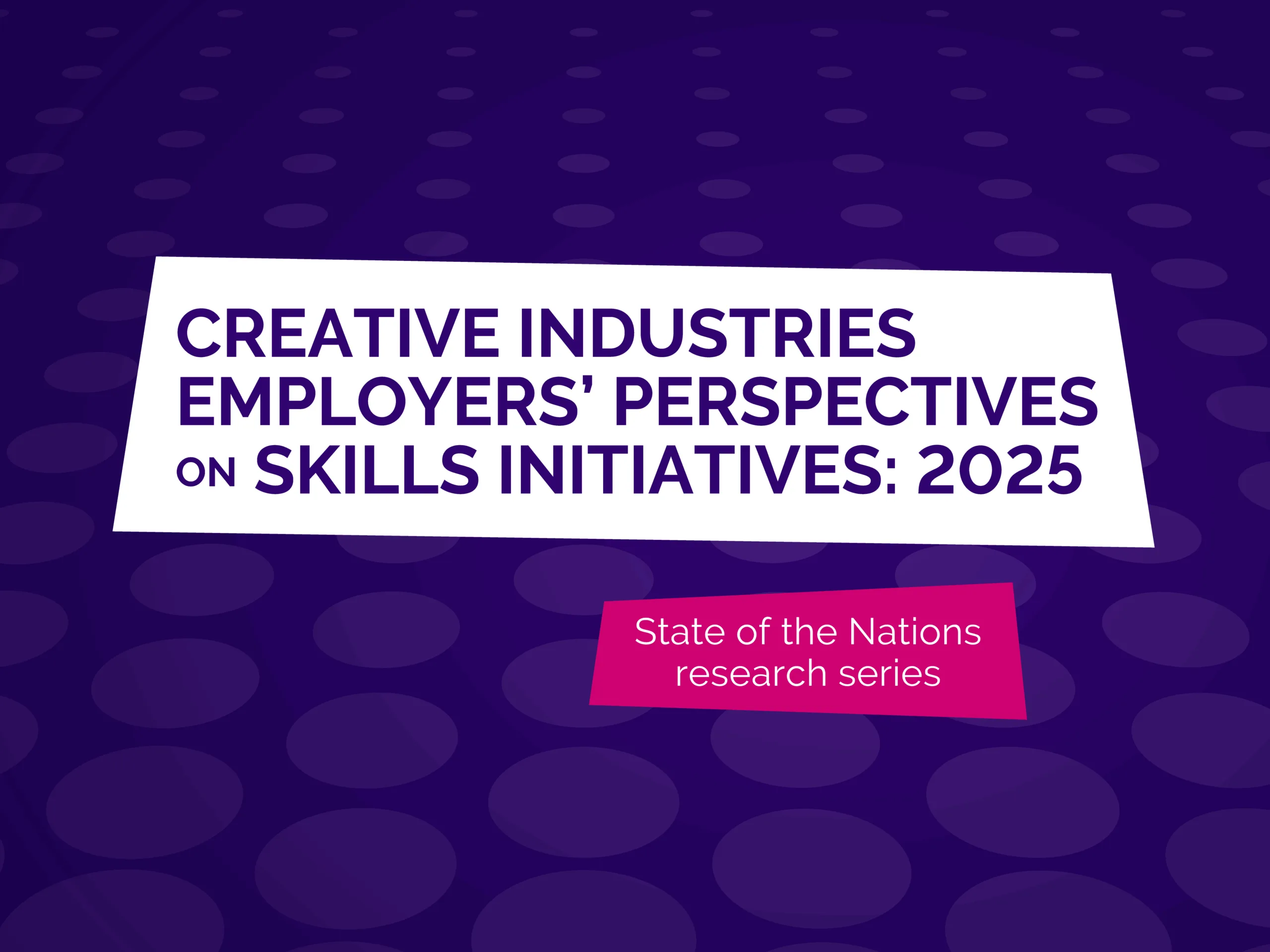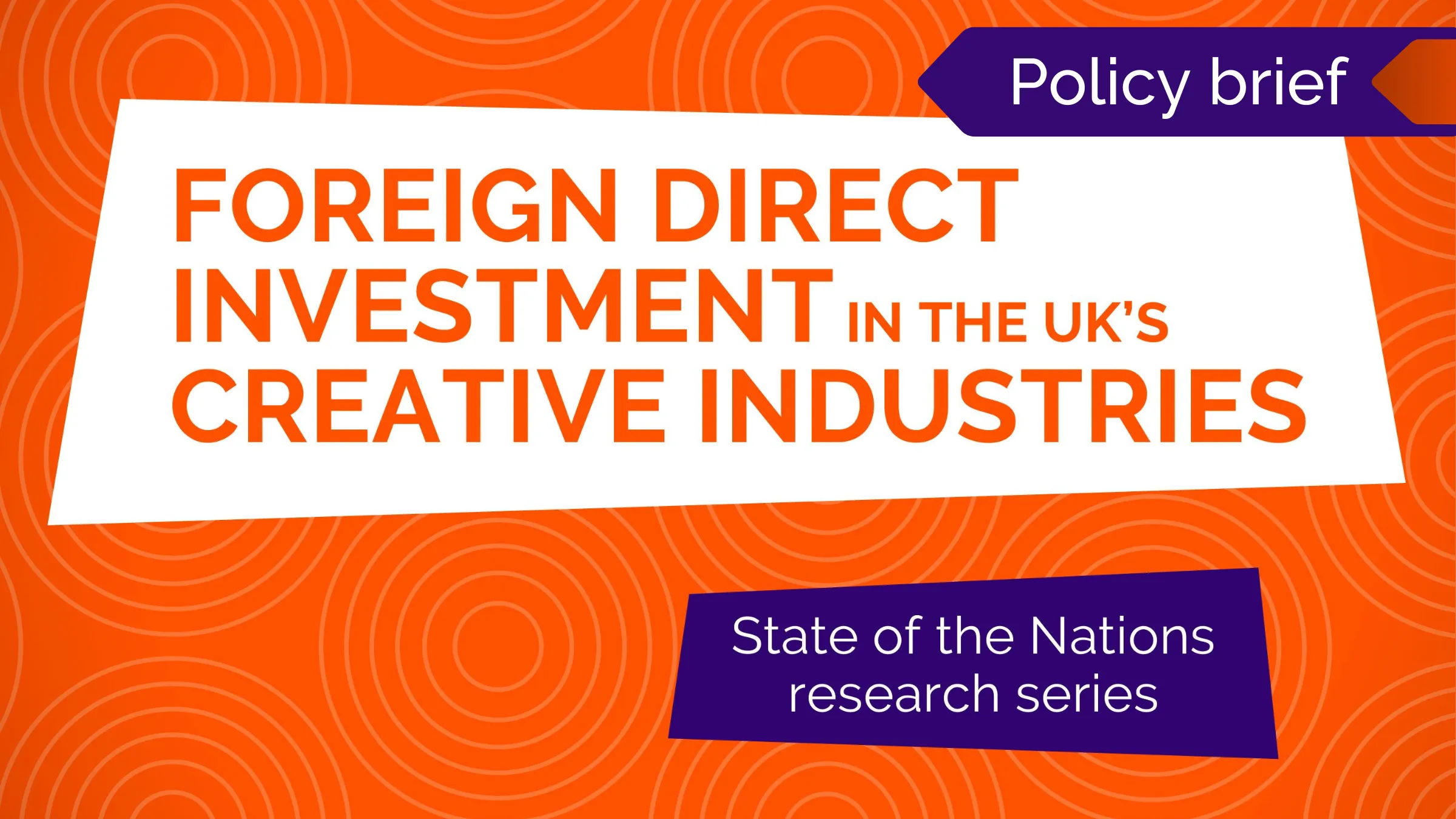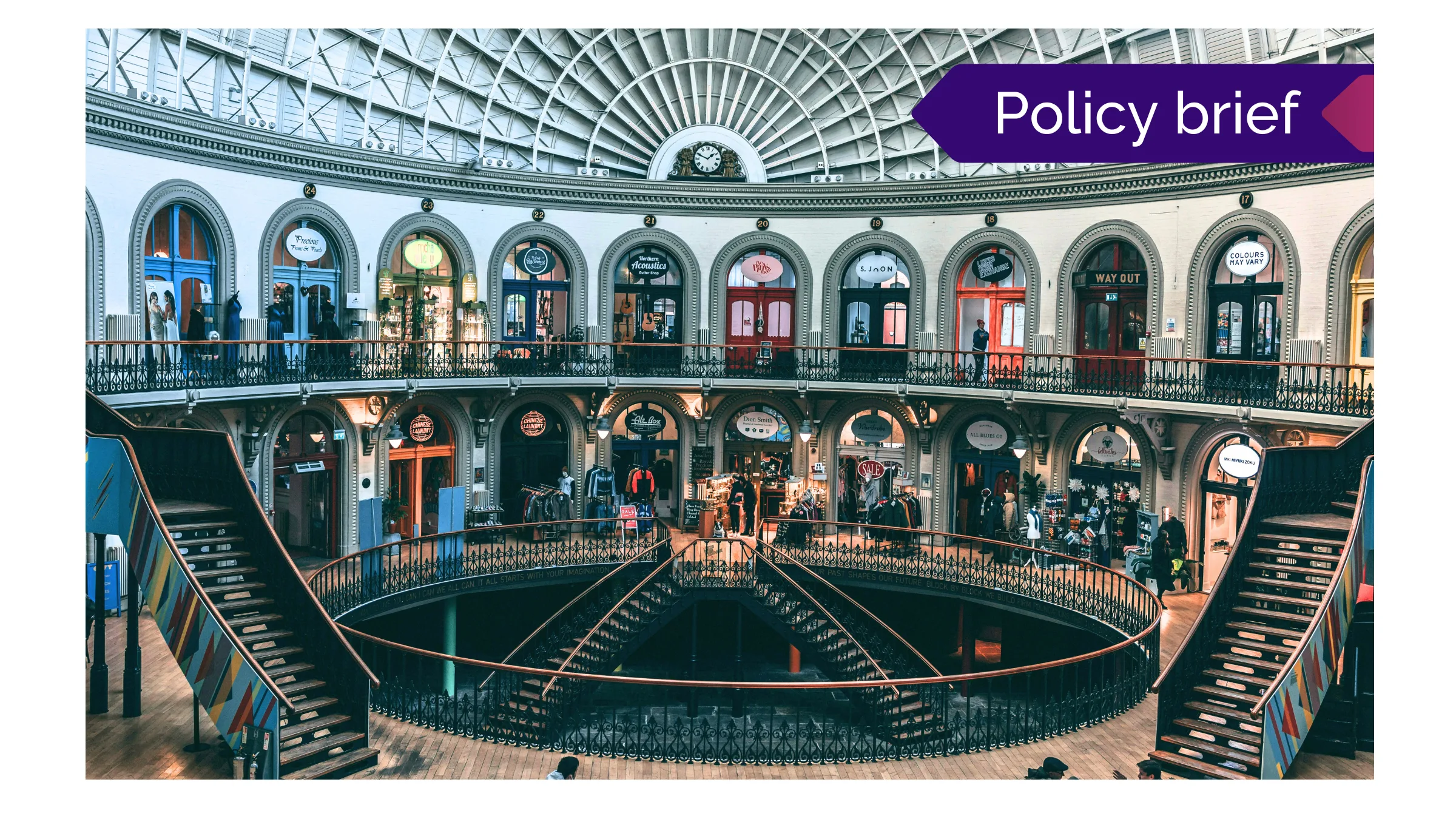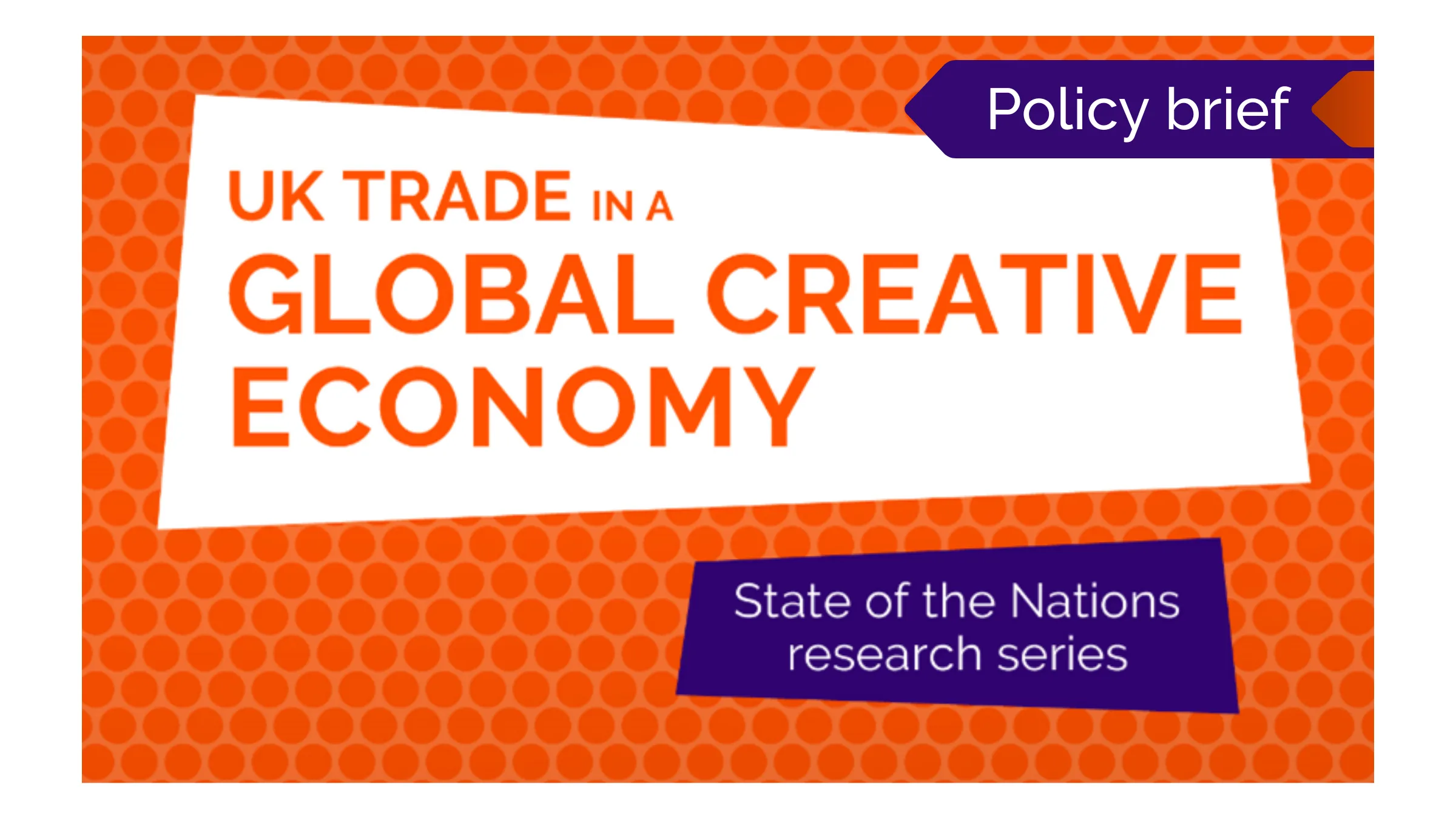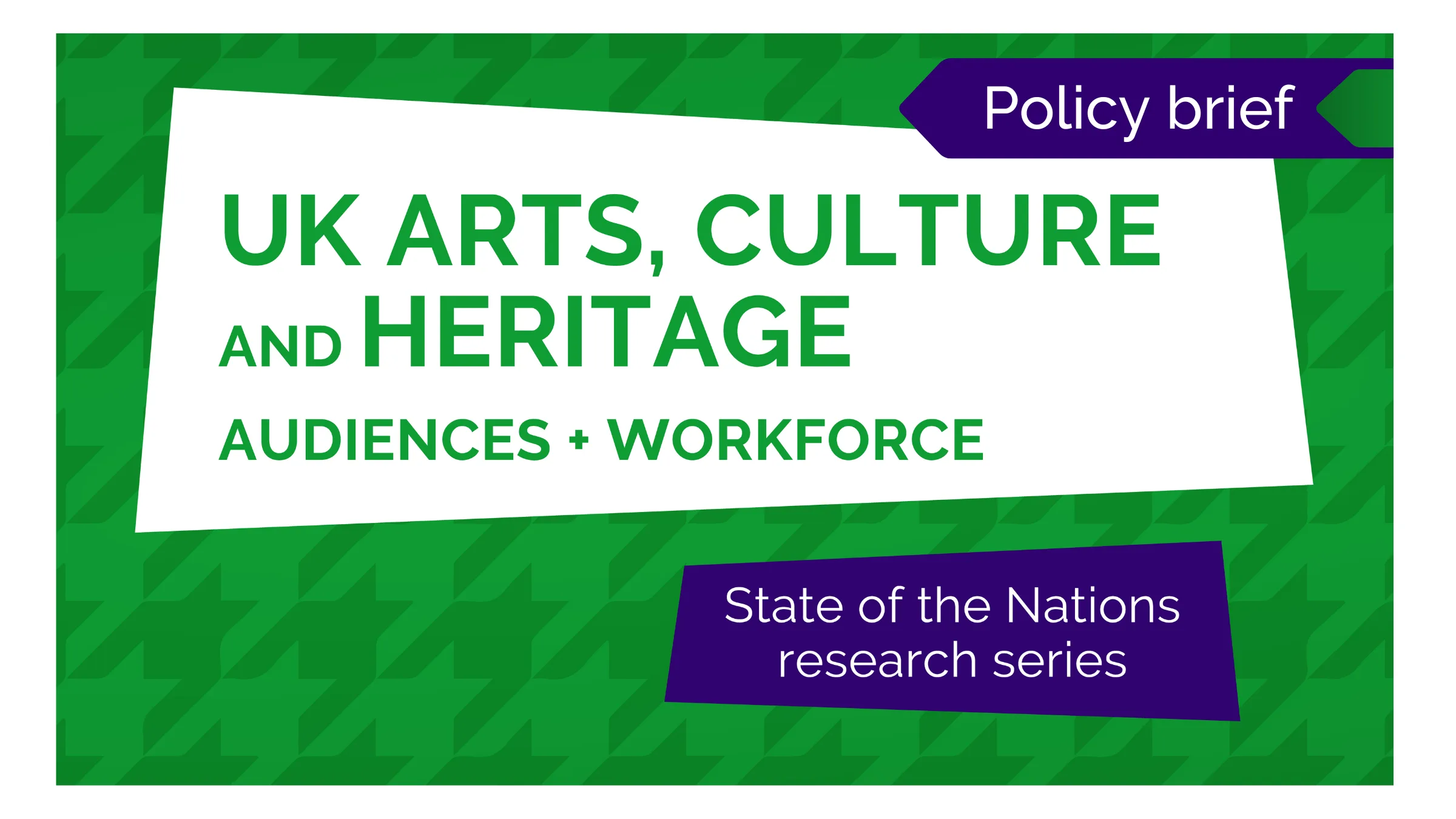As part of our research agenda around local growth, we consulted our Industry Champions on their experience of local policy interventions aimed at growing the creative industries. Our Industry Champions are trusted practitioners from across the UK, who help to ensure that our research and policy recommendations are guided by the needs of the people working in the creative industries.
Last month we brought together some of these individuals, who work across marketing, museums, craft, graphic design, audio, film and visual arts. We held a panel discussion at the World Museum in Liverpool to address three questions:
- What does success in the creative industries look like in your geographical area?
- Which local interventions have been successful in unlocking this growth and which have not?
- What additional local interventions are needed?
The purpose of the Panel was for industry experts to share their experience of local, regional and devolved government interventions. They discussed opportunities and challenges that they have experienced around the areas of local fluctuations in support, signposting and business support, access to finance, space to work, public procurement, capital investment and infrastructure, and cross-sector working. In the report, we capture the key points discussed at the Panel and the implications for policymakers, industry and the PEC.
Implications for policymakers include:
- Local councils and other policymakers should consider providing greater support and information for firms, including creative businesses, if policies change following an election.
- More work needs to be done on signposting to creative businesses the support that is locally available to them.
- Local councils and LEPs (in England) who provide access to finance for creative businesses should consider how they can simplify their application procedures.
- LEPs should look to replicate successful strategic funds like the Liverpool City Region funds.
- Policymakers who want to attract and grow creative businesses in their local area should consider opening up available empty space, subsiding rent for creative businesses as they set up, and reducing creative business rates.
- Local governments should review their procurement practices to remove impediments for small creative businesses.
- Local (and central) government should consider where local infrastructure restrictions are likely to be harming business growth, not just infrastructures in travelling to London.
- Consider whether programmes to support growth in the local creative industries can encourage more cross-sector working and collaboration, as a means to grow business capacity.
Implications for industry include:
- Inform policymakers of the local impact of their creative businesses.
Implications for the PEC include:
- An understanding of what the barriers are to public procurement from creative businesses compared with SMEs more generally, may merit further research.
- Further research may be needed on the impact of Section 106 agreements.
Please reference this paper as:
Easton, E. and Burger, C. (2020) Insights from our industry champions: How policymakers can support local growth in the creative industries. London: Creative Industries Policy and Evidence Centre. Available from: https://www.pec.ac.uk/assets/publications/Final-Insights-from-our-Industry-Champions_-Local-Growth.pdf
Published 25th February 2020
Photo by Alex Holyoake
Related Policy Briefings
Harnessing the growth potential of createch
This insights paper summarises existing evidence on the present opportunities and challenges in crea…
Policy Brief: Creative Industries Employers’ Perspectives on Skills Initiatives: 2025
Overview The Government’s new Industrial Strategy sets a long-term, sector-focused approach to skill…
Policy Brief: Migration in UK Creative Occupations and Industries
Overview The UK’s creative industries are internationally oriented, a fact that’s reflected in its e…
Policy Brief: Arts, Culture and Heritage: Recent Trends in UK Workforce and Engagement in England
Overview Five years after the Covid-19 pandemic, engagement and employment in the arts, culture and …
Policy Brief: Foreign Direct Investment in the UK’s Creative Industries
Read the Policy Brief based on the most recent State of the Nations Report on FDI.
Policy Brief: Insights from the Northern Creative Corridor Workshops Sprint
The Northern Creative Corridor is an initiative aimed at connecting creative clusters across Norther…
Policy Brief: International Trade and the UK Creative Industries
This policy brief examines international trade in the UK creative industries. Drawing on our UK Trad…
Policy brief: Audiences and Workforce in Arts Culture and Heritage
This policy brief uses census data to provide, for the first time, a comprehensive analysis of audie…
Policy Brief: Transitioning to Sustainable Production across the UK Theatre Sector
This policy brief outlines recommendations for transitioning to more sustainable theatre production …
Authors’ Earnings in the UK
This policy briefing sets out areas for possible policy action, proposed by the researchers at CREAT…
Television production, international trade and pressures to consolidate
The UK television production sector is one of Britain’s leading creative export sectors. This briefi…
Three ways to support growth in the creative industries
Three ways to support growth in the creative industries The Creative Industries are an economic powe…


